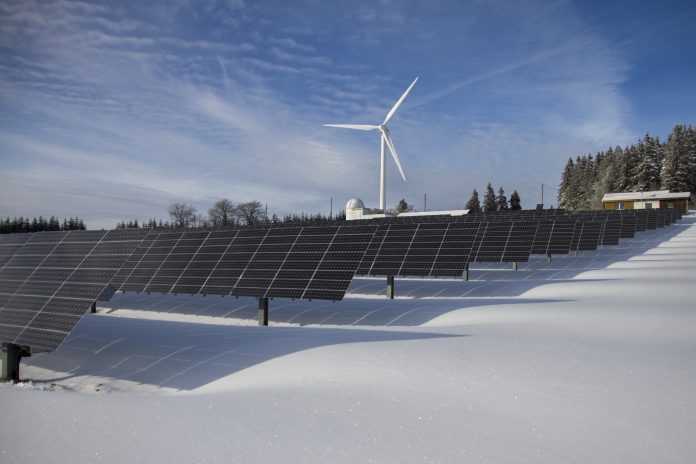
New data from the Climate Council shows that renewables provided six times more power than gas this summer, with solar energy leading in terms of energy production.
“Renewables are out-competing gas power stations, even in the hottest months when electricity demand is usually highest,” said Climate Council senior researcher, Tim Baxter.
Gas generation fell down nearly 40 percent compared to last summer, ultimately providing just 5 percent of the electricity in the National Electricity Market (NEM).
The decline in gas energy contribution follows the downward trend for fossil fuel sources in light of the COVID-19 pandemic.
Despite the pandemic, renewables enjoyed a record year in 2020 as the Australian Energy Market Operator announced its Integrated System Plan, outlining a pathway for the transition to 90% renewables by the 2030s.
“Our existing gas power stations are struggling to compete with clean, reliable and affordable renewable energy and storage. Australia does not need any new gas,” Baxter continued.
“Gas is a polluting and expensive fossil fuel that’s on the way out and has no role to play in our economic recovery. It’s driving up household power prices, and prices for our manufacturing industries, putting the sector at risk.”
Renewables provided 31 times more power than gas over the summer in New South Wales, while in Victoria the difference was 57 times greater.
Meanwhile, South Australia saw gas energy generation plummet to a 16-year low owing to renewable energy providing over 70 percent of the region’s power.
Overall electricity demand fell by 4% for the summer, but renewables continued to surpass gas, increasing about a fifth and providing 30% of the NEM’s power needs.
“Gas industry advocates regularly point to the experiences of countries overseas to justify new gas, while completely failing to acknowledge the reality of what is actually happening here in Australia,” said Baxter.
“As the sunniest and one of the windiest places on the planet, Australia should be cashing-in on its renewable advantage, and in doing so, rapidly reducing greenhouse gas emissions. It’s a win-win,” said Mr Baxter.




















